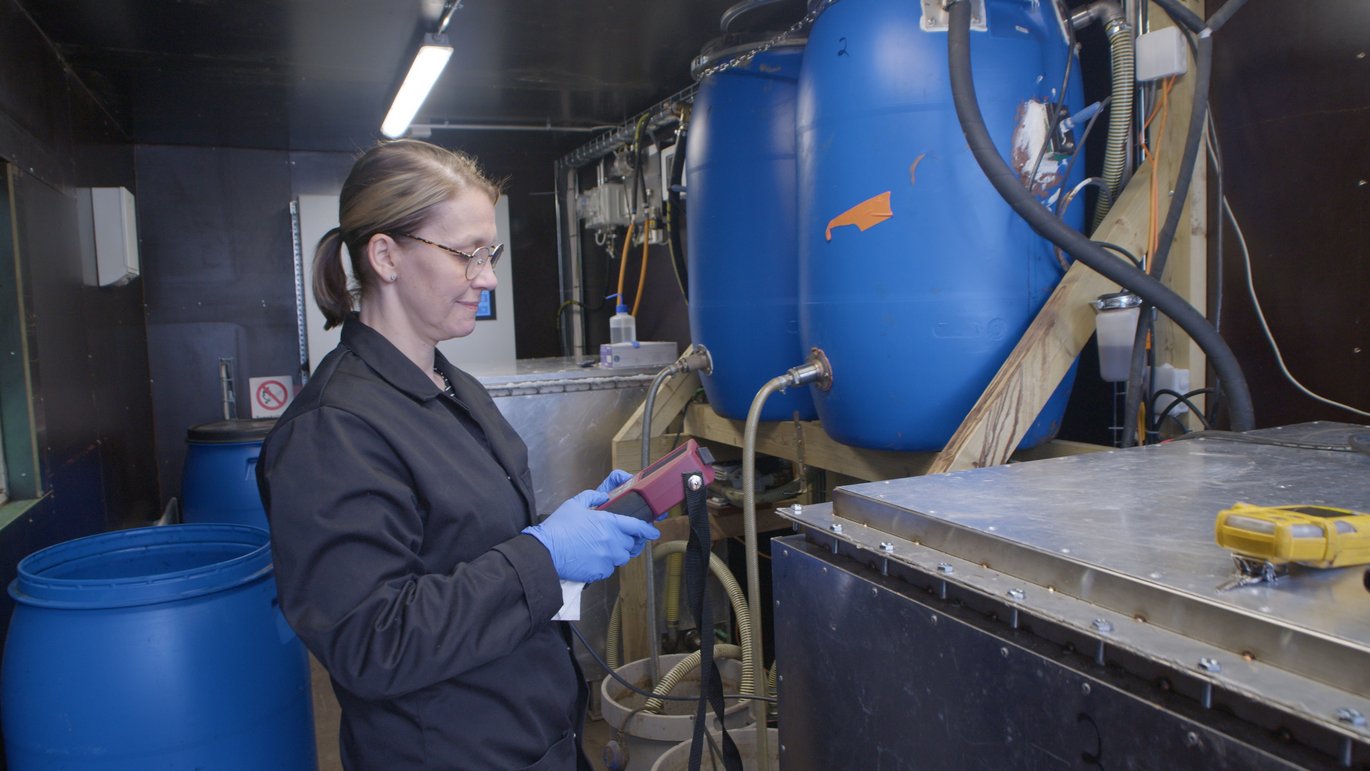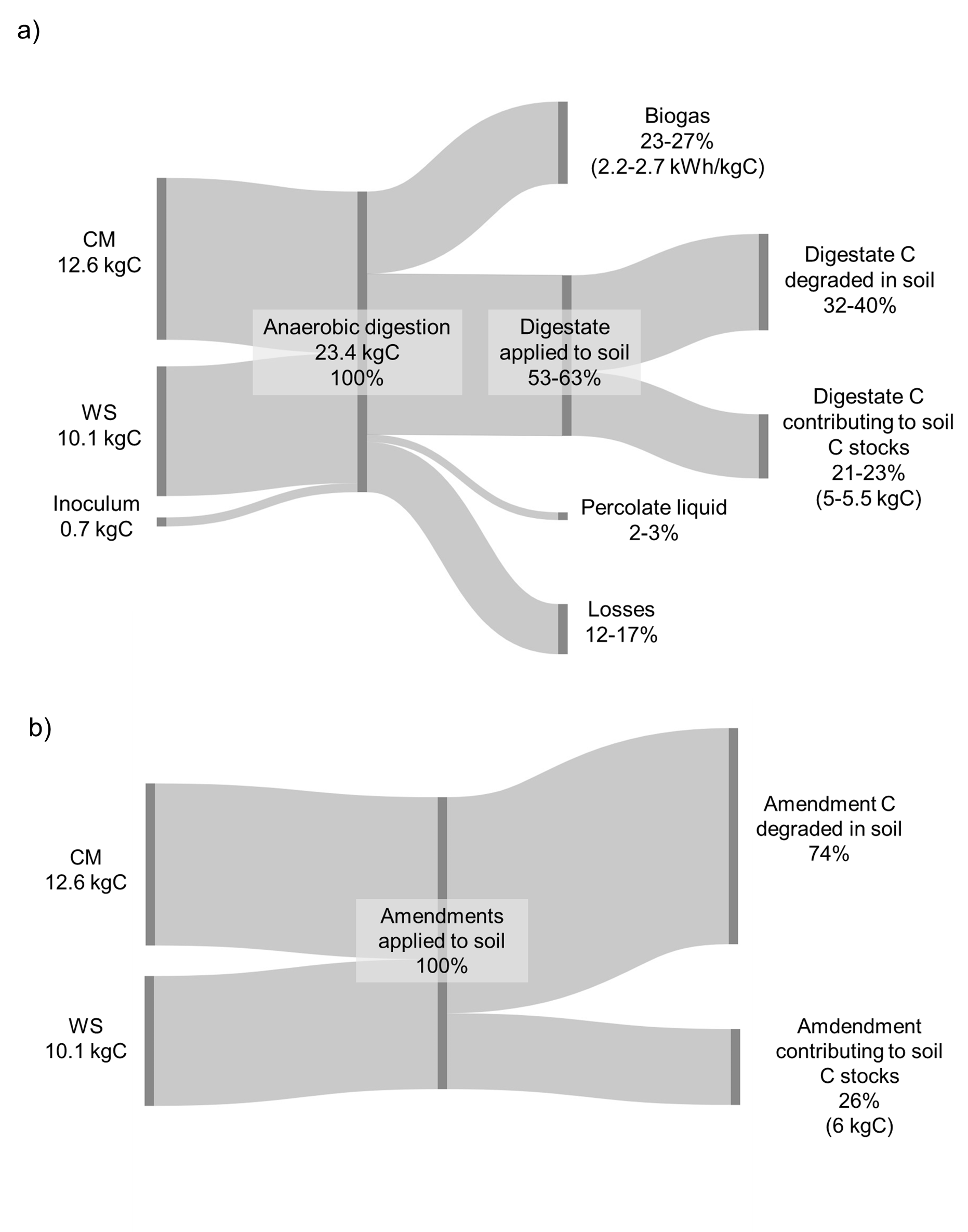Effects of anaerobic digestion on the digestate carbon stability
Scientists at the Natural Resources Institute Finland (Luke) investigated the effects of anaerobic digestion of cattle manure and straw on the characteristics of the produced digestate. The focus was on the carbon stability of the digestate and its retention time in soils, which was reported to be improved after anaerobic digestion.


Conventionally, cattle manures and straws are applied to soils as fertiliser or soil amendment without any treatment. This study showed that anaerobic digestion of cattle manure and straw is beneficial, not only in terms of renewable energy production and fertilisation, but also in terms of carbon retention and accumulation of soil organic carbon (SOC) compared to undigested manure and straw.
The study investigated and characterised cattle manure and straw before and after anaerobic digestion. The focus was on carbon balance and stability during anaerobic digestion. In addition, a modelling approach was used to investigate the carbon retention potential after digestate application to soil. The experiments were carried out at Luke’s Biopaja experimental facility, where pre-tests of the anaerobic digestion were also carried out with several different carbon-rich co-feedstocks. Pilot-scale leach-bed reactors were employed to digest cattle manure and straw with the objective of exploring carbon balance and providing material for carbon stability analyses.
The results revealed that digestion stabilised the organic matter by converting around 25% of the initial carbon into valuable biomethane, increasing the valorisation of the carbon from the feedstocks (Figure 1). In terms of soil amendment, the total amount of carbon applied in the soil was lower when using digestate than when using cattle manure and straw without digestion. However, the digestion process stabilised the carbon and the digestate was modelled to be more effective in retaining carbon in the soil than untreated cattle manure and straw.
The results support the use of anaerobic digestion as a processing step for manure and straw to promote the build-up of more stable SOC. As this type of organic amendment is often applied regularly and repeatedly each year, its use has the potential to gradually increase SOC over the long term.
The study was carried out as part of the EOM4SOIL project.
Read more:
Tampio, E., Laaksonen, I., Rimhanen, K., Honkala, N., Laakso, J., Soinne, H., Rasa, K. 2024. Effect of manure co-digestion on methane production, carbon retention, and fertilizer value of digestate. Science of The Total Environment 927, 172083. https://doi.org/10.1016/j.scitotenv.2024.172083